Britain's High Court throws a wrench in Brexit plans
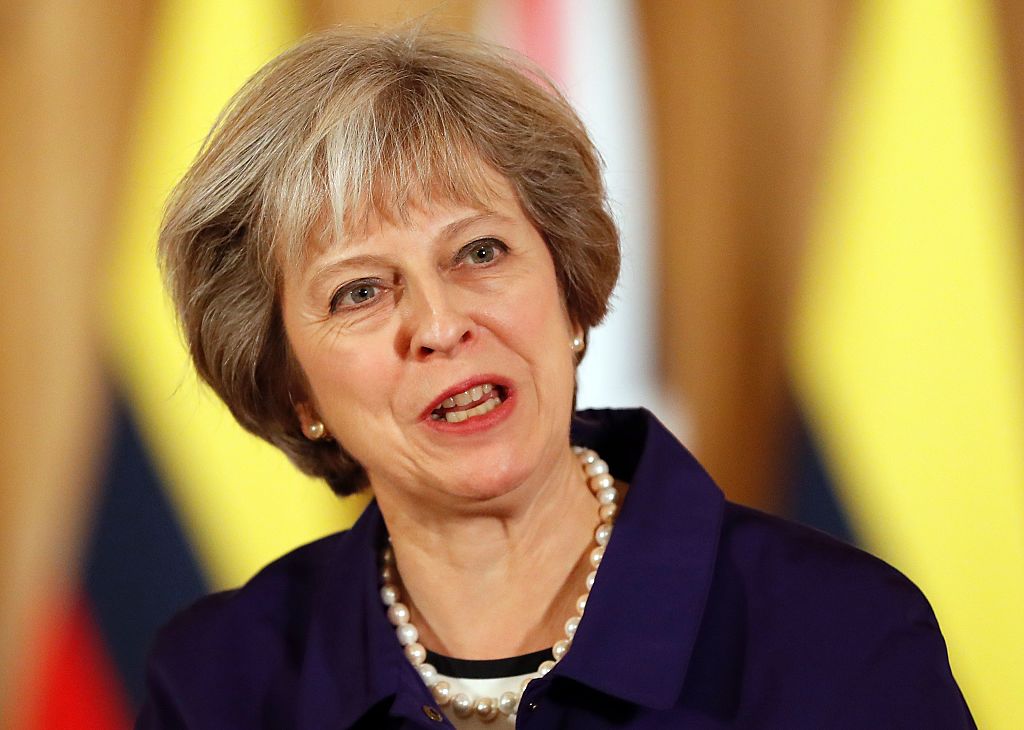

On Thursday, Britain's High Court ruled that Prime Minister Theresa May doesn't have the power to trigger Britain's withdrawal from the European Union, as she planned to do by March 31, 2017. Instead, the court ruled, Parliament must approve the activation of Article 50 of the E.U. charter, which allows a country to withdraw from the union "in accordance with its own constitutional requirements." May argued that the prime minister can use the royal prerogative to withdraw, after Britons narrowly voted to leave last summer, but the senior judges disagreed, ruling that "the government does not have the power under the Crown's prerogative" to start Brexit talks.
The government is expected to appeal the ruling, the most important constitutional challenge in decades. The royal prerogative, originally and officially held by the Queen, is used by British prime ministers to negotiate treaties, declare war, and do more mundane things like issue passports without votes in Parliament. Using those powers to strip rights from U.K. citizens, as leaving the E.U. would, impinges on Parliament's sovereignty, said the chief justice Lord Thomas of Cwmgiedd, and "the most fundamental rule of the U.K. constitution is that Parliament is sovereign." The Supreme Court has set aside room for an appeal next month.
Subscribe to The Week
Escape your echo chamber. Get the facts behind the news, plus analysis from multiple perspectives.

Sign up for The Week's Free Newsletters
From our morning news briefing to a weekly Good News Newsletter, get the best of The Week delivered directly to your inbox.
From our morning news briefing to a weekly Good News Newsletter, get the best of The Week delivered directly to your inbox.
Sign up for Today's Best Articles in your inbox
A free daily email with the biggest news stories of the day – and the best features from TheWeek.com
Peter has worked as a news and culture writer and editor at The Week since the site's launch in 2008. He covers politics, world affairs, religion and cultural currents. His journalism career began as a copy editor at a financial newswire and has included editorial positions at The New York Times Magazine, Facts on File, and Oregon State University.
-
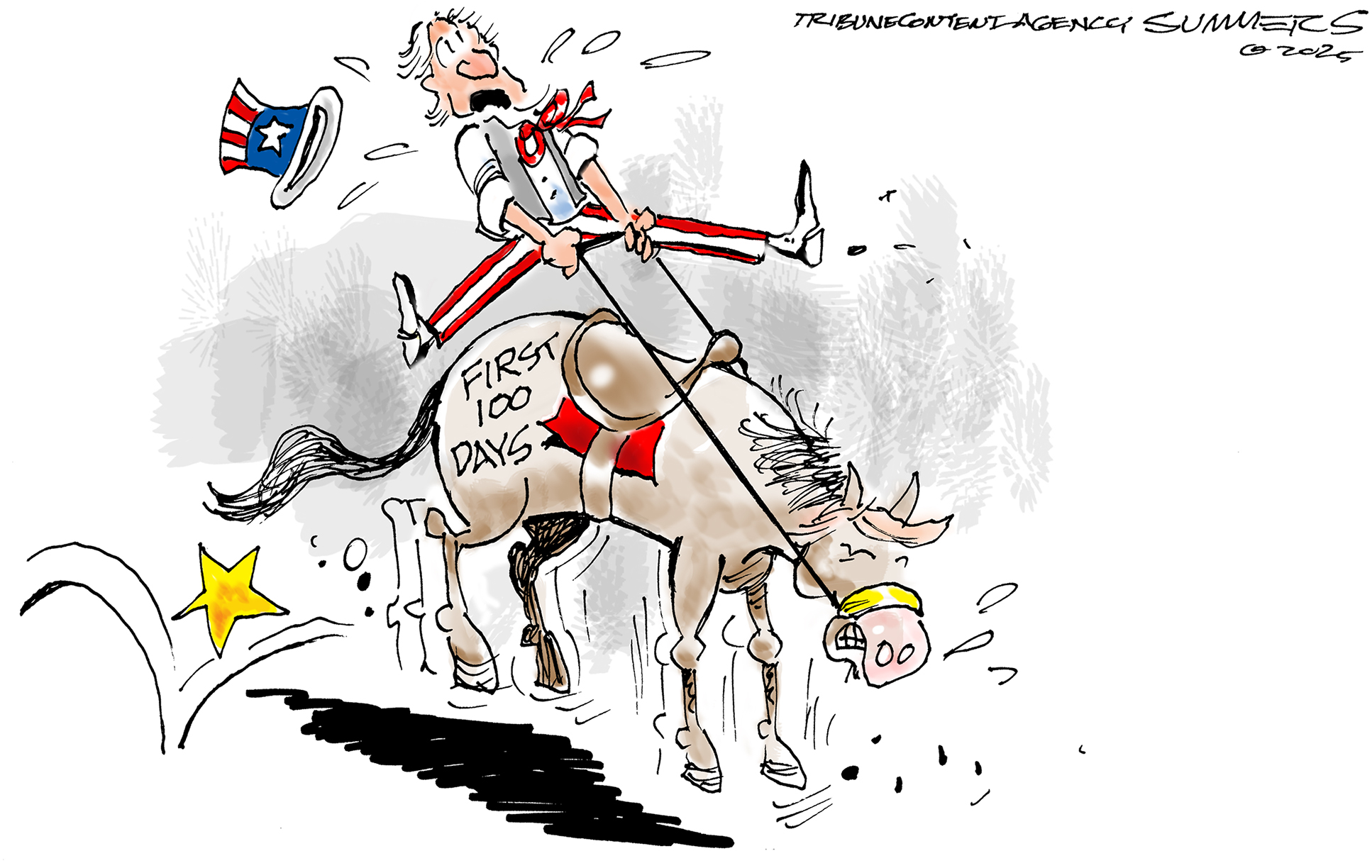 5 shellshocked cartoons about Trump's first 100 days
5 shellshocked cartoons about Trump's first 100 daysCartoons Artists take on a wild ride, F.D.R., and more
-
 Kashmir: on the brink of a 'catastrophic' war
Kashmir: on the brink of a 'catastrophic' warTalking Point Relations between India and Pakistan are 'cratering' in the aftermath of a shocking terror attack in the disputed border region
-
 A journey into Egypt's western desert
A journey into Egypt's western desertThe Week Recommends There is much more to be found in Egypt when straying from the usual tourist destinations
-
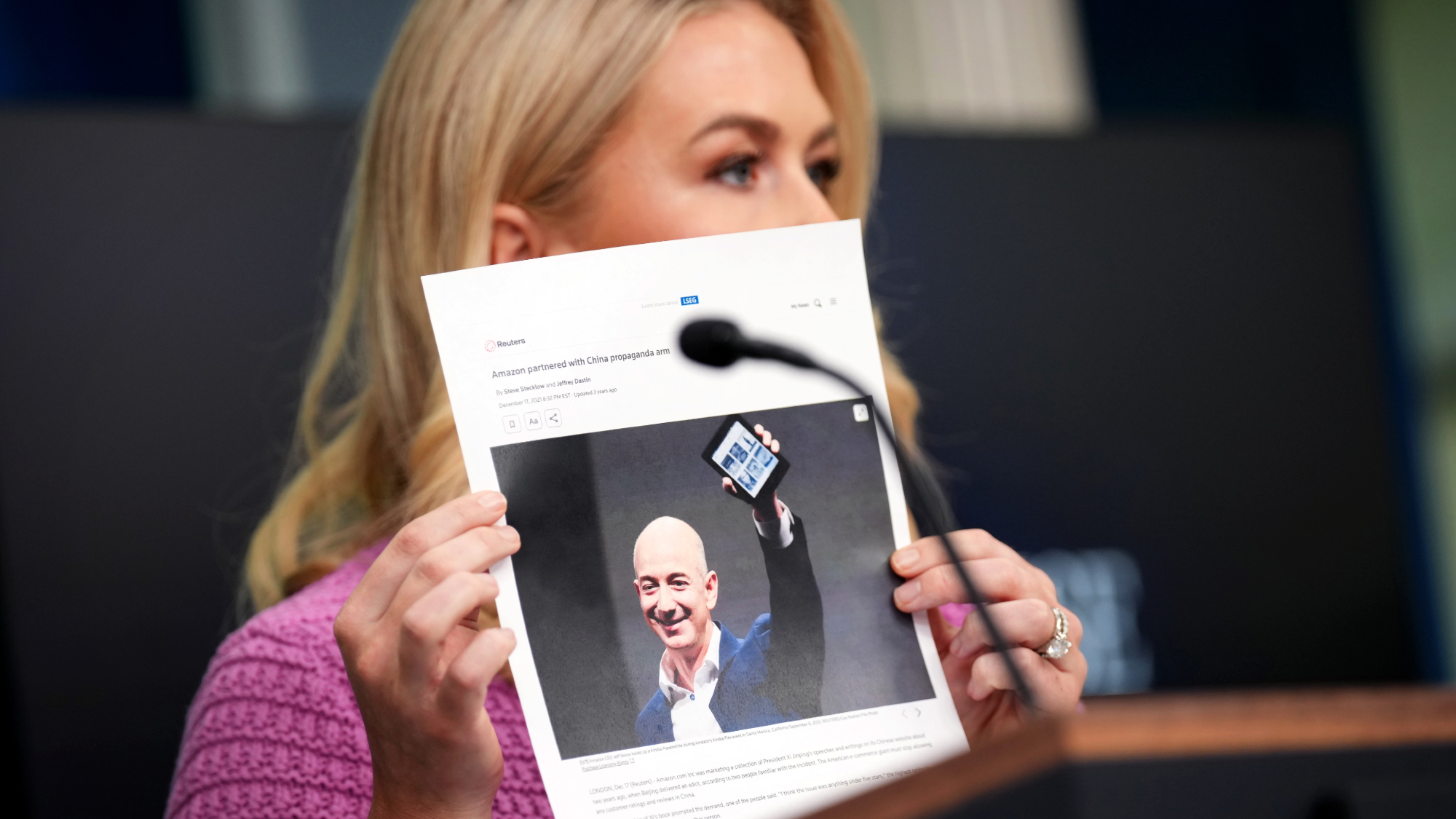 Trump calls Amazon's Bezos over tariff display
Trump calls Amazon's Bezos over tariff displaySpeed Read The president was not happy with reports that Amazon would list the added cost from tariffs alongside product prices
-
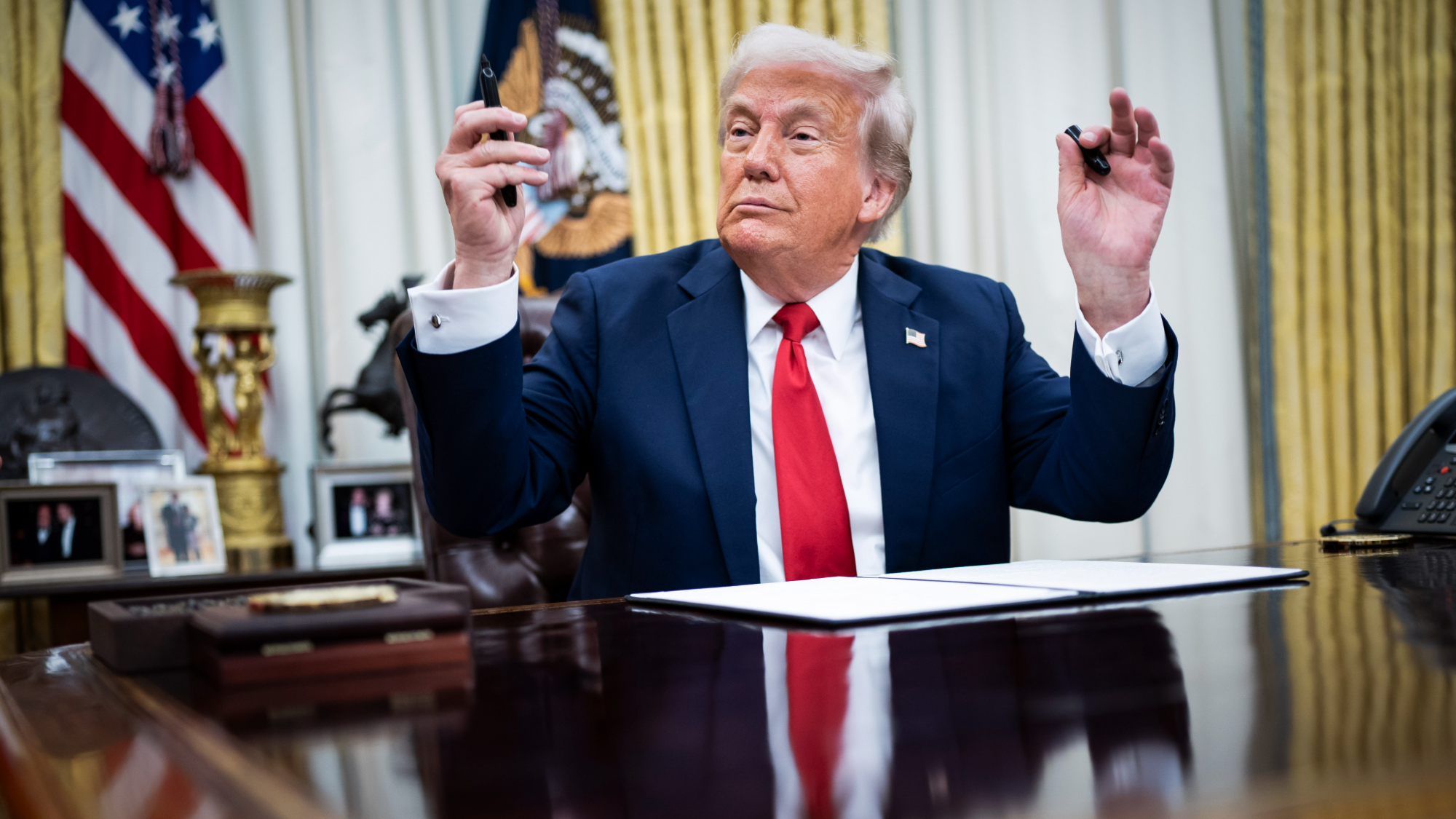 Markets notch worst quarter in years as new tariffs loom
Markets notch worst quarter in years as new tariffs loomSpeed Read The S&P 500 is on track for its worst month since 2022 as investors brace for Trump's tariffs
-
 Tesla Cybertrucks recalled over dislodging panels
Tesla Cybertrucks recalled over dislodging panelsSpeed Read Almost every Cybertruck in the US has been recalled over a stainless steel panel that could fall off
-
 Crafting emporium Joann is going out of business
Crafting emporium Joann is going out of businessSpeed Read The 82-year-old fabric and crafts store will be closing all 800 of its stores
-
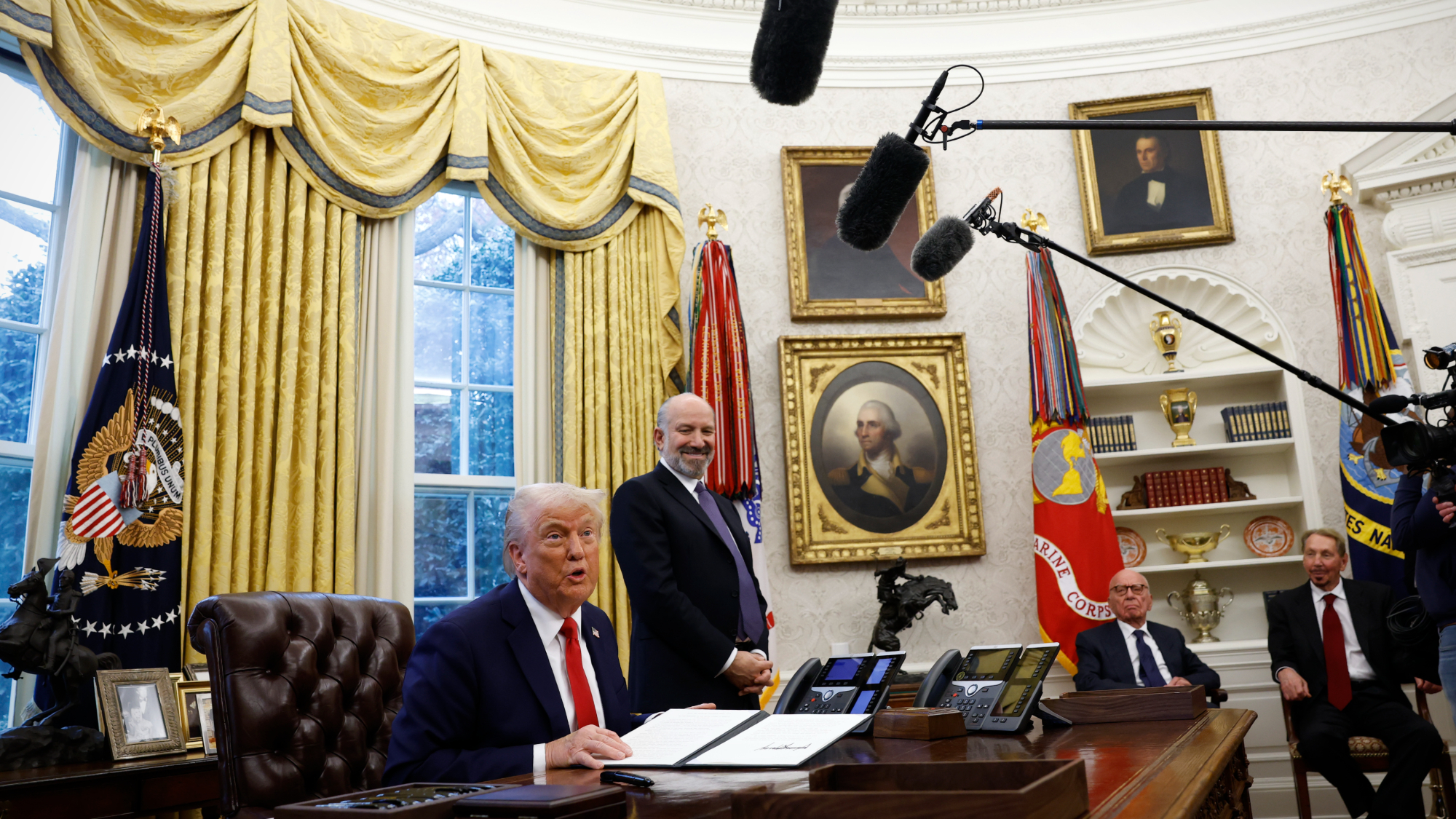 Trump's China tariffs start after Canada, Mexico pauses
Trump's China tariffs start after Canada, Mexico pausesSpeed Read The president paused his tariffs on America's closest neighbors after speaking to their leaders, but his import tax on Chinese goods has taken effect
-
 Chinese AI chatbot's rise slams US tech stocks
Chinese AI chatbot's rise slams US tech stocksSpeed Read The sudden popularity of a new AI chatbot from Chinese startup DeepSeek has sent U.S. tech stocks tumbling
-
 US port strike averted with tentative labor deal
US port strike averted with tentative labor dealSpeed Read The strike could have shut down major ports from Texas to Maine
-
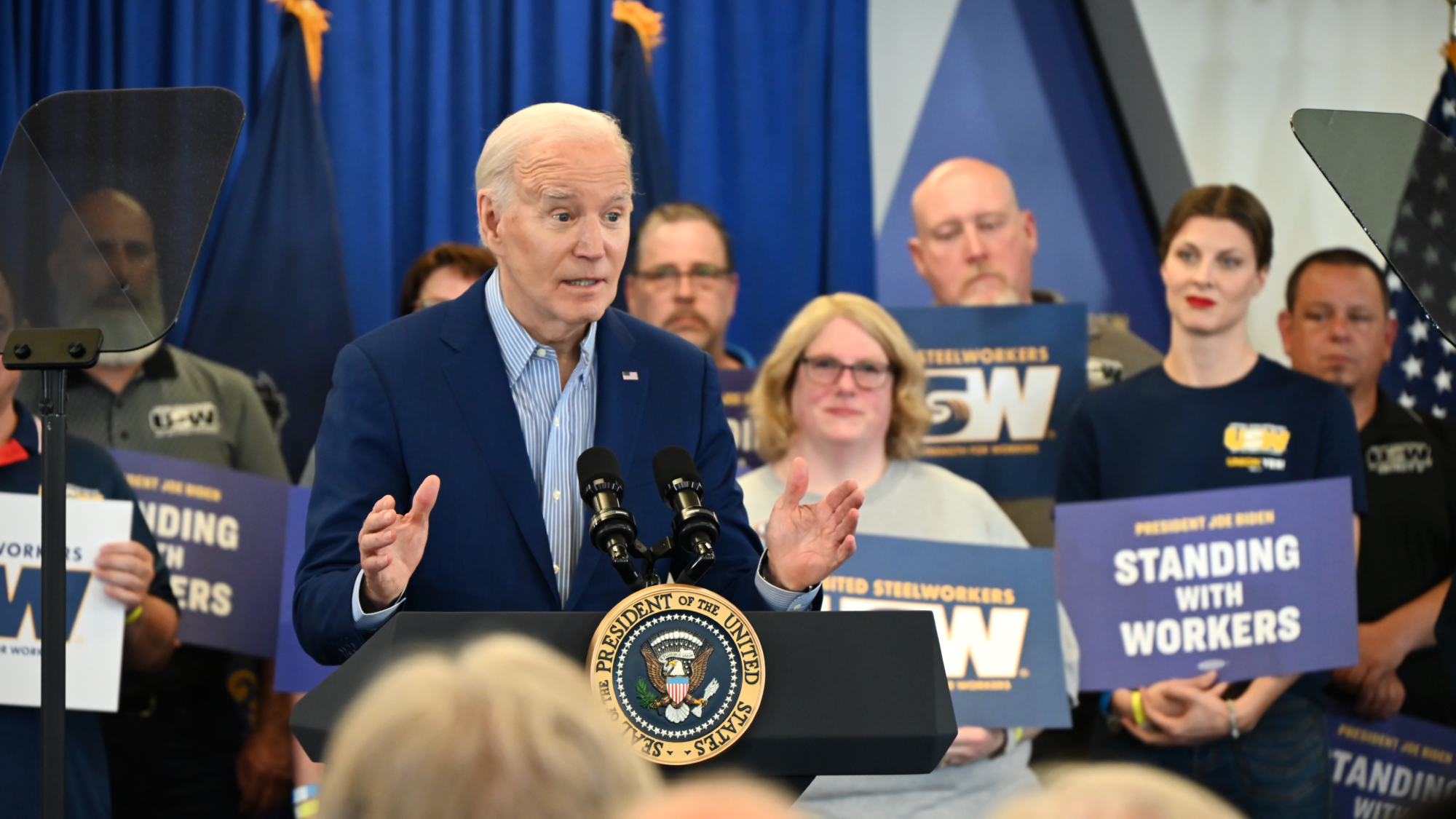 Biden expected to block Japanese bid for US Steel
Biden expected to block Japanese bid for US SteelSpeed Read The president is blocking the $14 billion acquisition of U.S. Steel by Japan's Nippon Steel, citing national security concerns